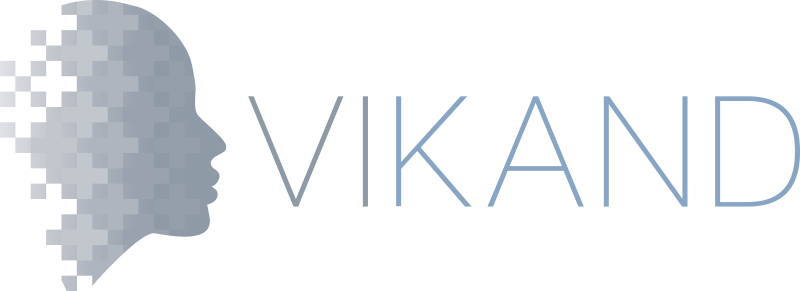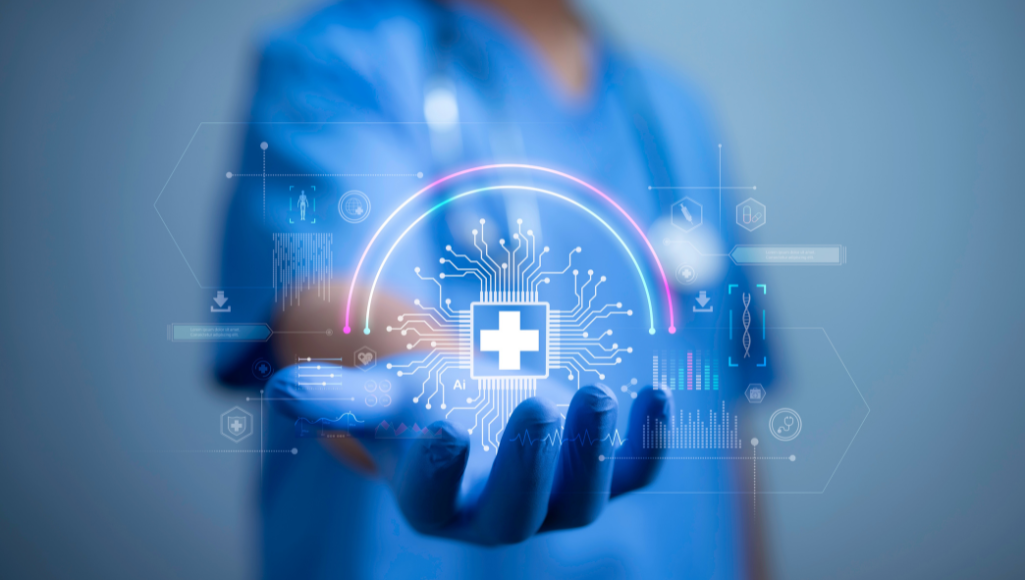
From Reactive to Predictive:The Next Chapter in Maritime Healthcare
For generations, healthcare followed a familiar pattern: something goes wrong, and treatment follows. This reactive model saved countless lives, but today it’s no longer enough—especially in high-risk, high-responsibility environments like the ocean.
Over the last two decades, a quiet revolution has reshaped healthcare across industries, transitioning from reactive to proactive and now to predictive. Today, the maritime sector stands at the forefront of this transformation as it adopts new and emerging healthcare technologies ahead of other industries.
However, this evolution didn’t happen overnight. As practitioners began to see the limits of reactive healthcare, they started using proactive methods to reduce chronic disease and unnecessary hospitalisations, including earlier intervention, routine check-ups and better health education. Following wider adoption of proactive care, predictive healthcare tools began to emerge, leveraging data analytics, biomarkers and health histories to forecast potential risks to individual health.
The next leap is even more promising: real-time, AI-supported care that allows for immediate insight and action.
Unique Healthcare Challenges at Sea
Cargo ships, cruise liners and yachts are unlike any other working environments. Seafarers face prolonged periods of isolation, high stress, irregular schedules and limited access to medical support. The very structure of maritime work—disconnected from traditional healthcare ecosystems and often hundreds of miles from shore—makes providing consistent, high-quality care a challenge.
In the past, maritime healthcare lagged behind its land-based counterparts. Medical support was reactive by necessity, with interventions taking place only after issues were reported or detected during infrequent wellness checks. Even proactive health programmes, while well-intentioned, often relied on static annual surveys that failed to capture real-time conditions.
Developing a Culture of Prevention
Today, that gap is closing thanks to new tools that bring continuous, data-driven healthcare to maritime environments. One such advancement is the Crew Wellness Pulse, a new solution developed by VIKAND in partnership with Scoutbase. The platform uses AI to gather anonymous feedback from crew members via regular, user-friendly prompts. These wellness ‘nudges’ generate insights in real time, allowing operators to monitor morale, identify stress patterns and offer support before problems escalate.
What sets this solution apart isn’t just the technology, but the philosophy behind it. Rather than waiting for a crisis, the Crew Wellness Pulse fosters a culture of prevention. If a crew member indicates signs of stress or dissatisfaction, the system can automatically generate follow-up questions or even trigger an invitation to speak with a mental health professional. In recent applications, this early warning system has led to successful, timely interventions before issues reached a critical point.
The Broader Impact of Predictive Care
The potential of real-time data goes far beyond healthcare. It could help ship operators monitor crew safety, engagement, training needs, compliance and more, with customisable dashboards and thematic tracking for everything from health and safety to job satisfaction. This would allow leadership to quickly respond to issues, make informed decisions and even tailor programming to specific vessels or regions.
This shift to predictive care isn’t just technological; it’s cultural. By giving crew members a consistent, anonymous outlet to express needs and concerns, maritime organisations send a message that crew health and wellbeing are not just afterthoughts or periodically important, but central to the mission. It shows them they are listening.
A New Standard for Healthcare at Sea
Predictive care doesn’t replace traditional care. It enhances it. Just as OneHealth by VIKAND integrated mental, physical and environmental health into one cohesive platform, predictive tools offer yet another leap forward for maritime healthcare.
This evolution better aligns maritime healthcare with the expectations of a new generation of seafarers who value transparency, accessibility and support. Retention and recruitment depend on it. If maritime operators want to remain competitive in a shifting labour market, then smarter, more human-centric healthcare is essential.
As the maritime sector looks to the future, the question is no longer whether real-time, AI-supported health tools should be adopted, but how quickly. By embracing technology, empowering crew voices and taking decisive steps toward predictive healthcare, we can build a more resilient, sustainable and humane maritime industry.


